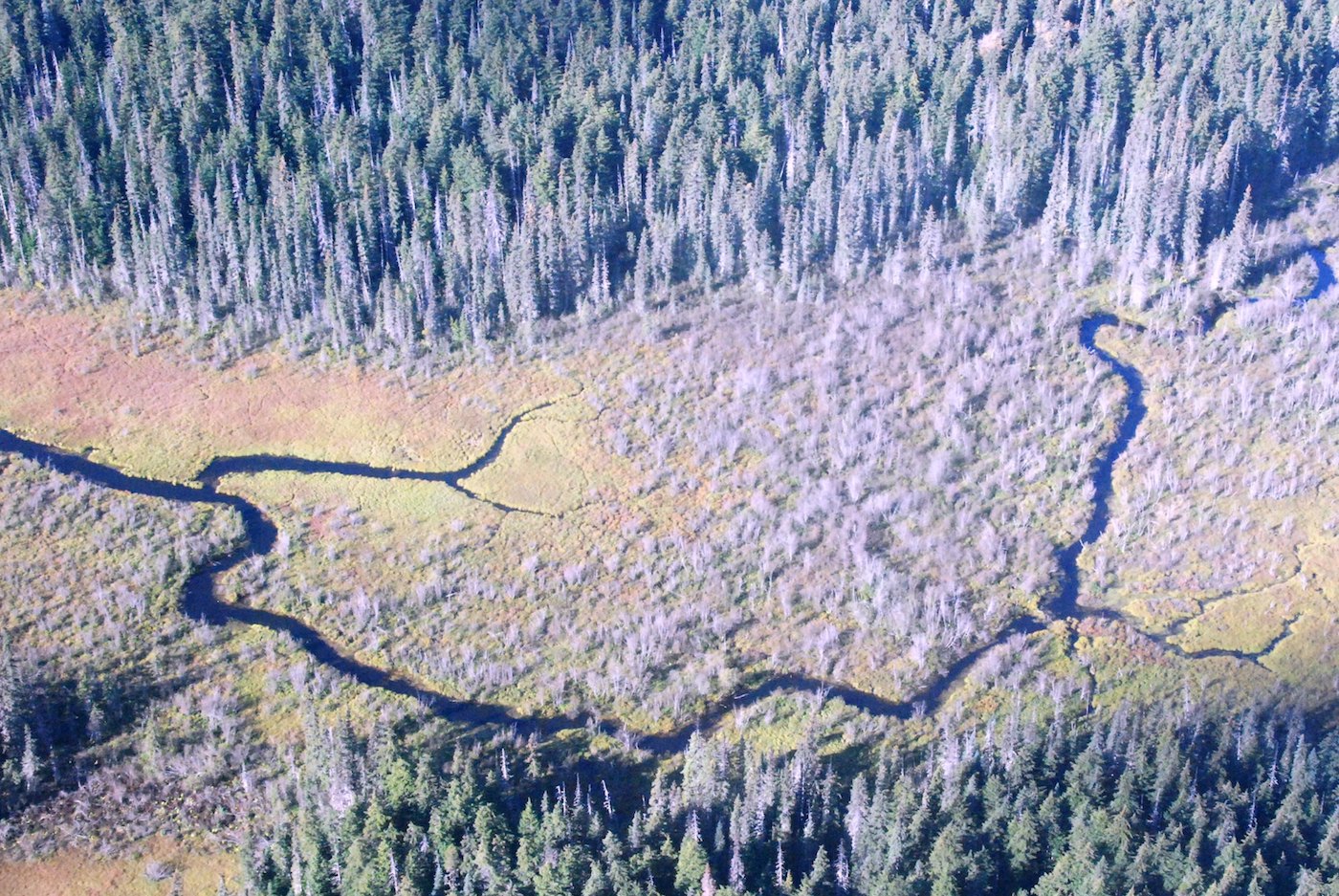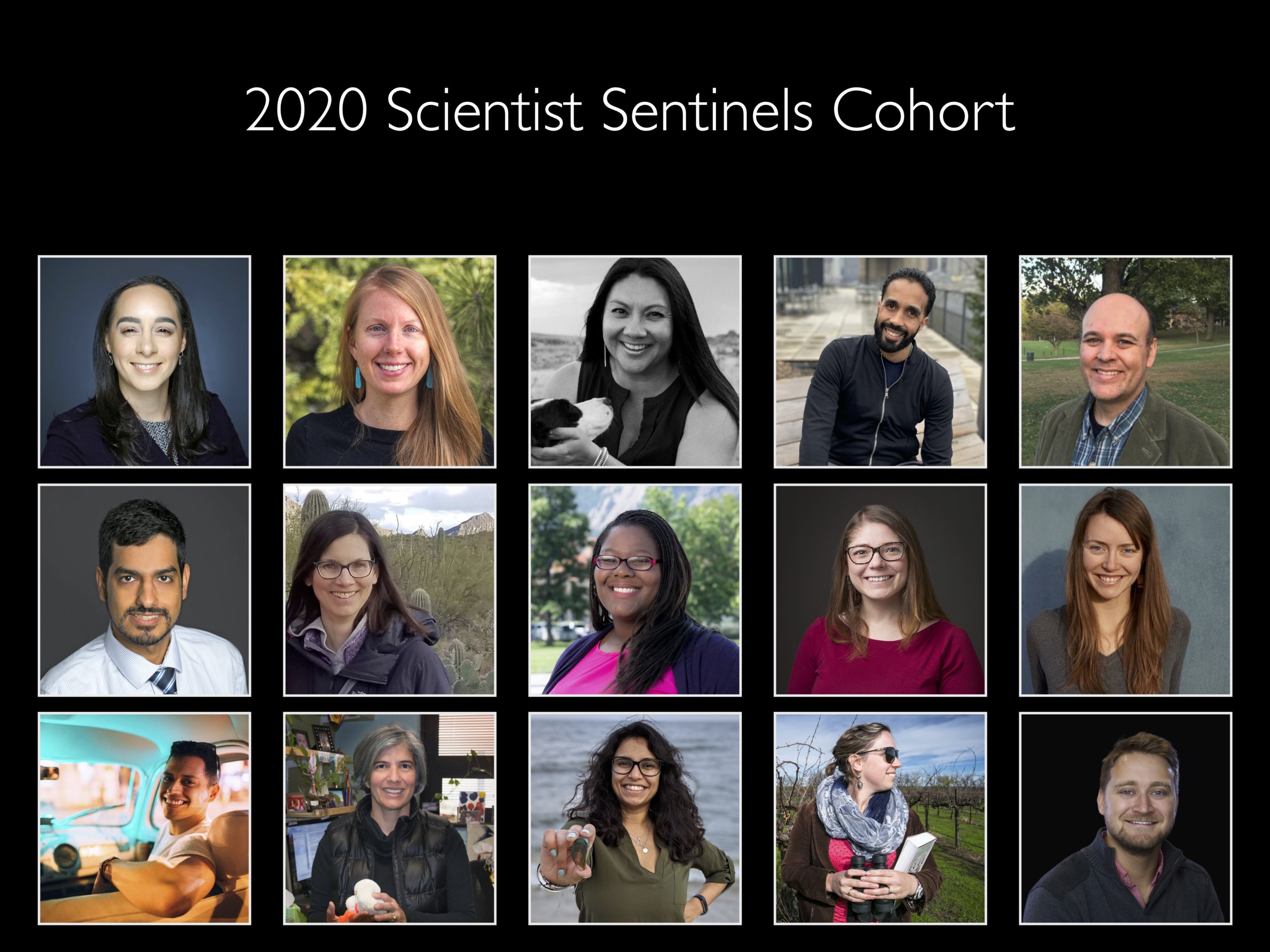Dear COMPASS community,
We write today to share our sadness and outrage over the continual violence against Black lives in our country. Over the past week, there has been an outpouring of grief and anger following the murders of George Floyd, Ahmaud Arbery, Breonna Taylor, and too many others. The uprisings across the country are responding to the deeply rooted and systemic racism Black people face daily. Christian Cooper’s experience as a birder in Central Park is yet another reminder of how hard our society makes it for Black people to do something as essential as finding solace in nature.
COMPASS works at the intersection of science and the environment, fields which for too long have excluded, devalued, and actively harmed Black people. We cannot ignore the reality of the anti-Black racism of past and present in our work. We are committed to working toward a future where science reflects the diversity of society as a whole, and all scientists are safe and supported in bringing their whole selves to their work. Right now, this is not true for many Black scientists.
COMPASS is committed to modeling a new culture for science. To that end, this week we will be listening to and amplifying the voices of Black scientists and science communicators. In the weeks and months ahead, we will be using our platforms to share the stories, perspectives, and voices of diverse scientists, particularly those who are Black, Indigenous, and people of color in our community. We realize that these are small actions in the face of large problems. As a white-led organization in the STEM community, we are reflecting on the ways in which we have benefited from and contributed to the perpetuation of racial injustice. And we also recognize that not being racist is insufficient; we must also be actively anti-racist.
At its best, science is about hope and possibility. But to realize a better future we must recognize and confront the power imbalances and inequities in science. That means talking about uncomfortable things, examining ourselves and our actions, and actively working to dismantle the systems and structures that lead to inequity. There is much to be done, and we stand in solidarity with our Black partners and colleagues as we do our part to work towards justice and liberation.
—the COMPASS team and board



